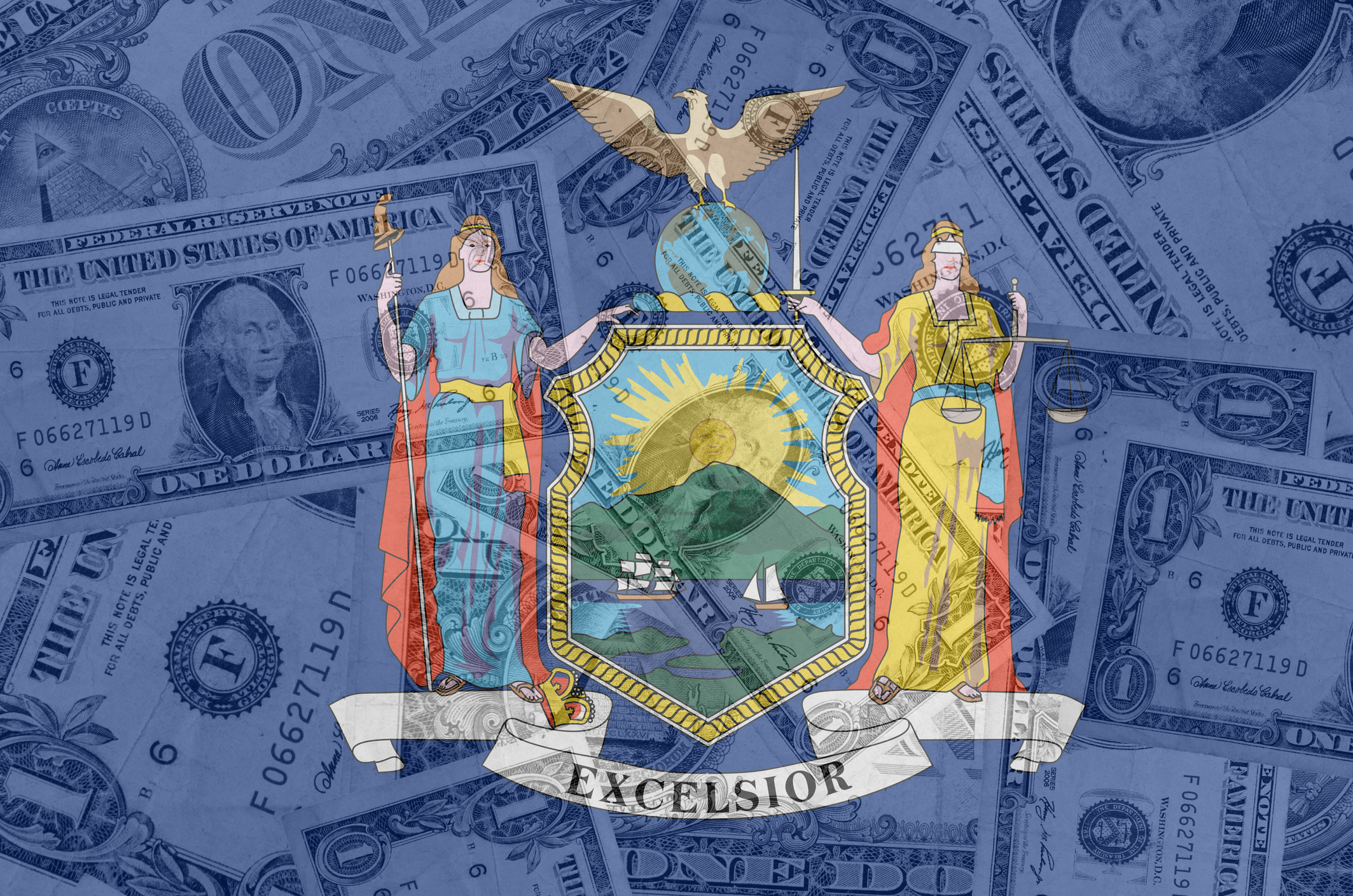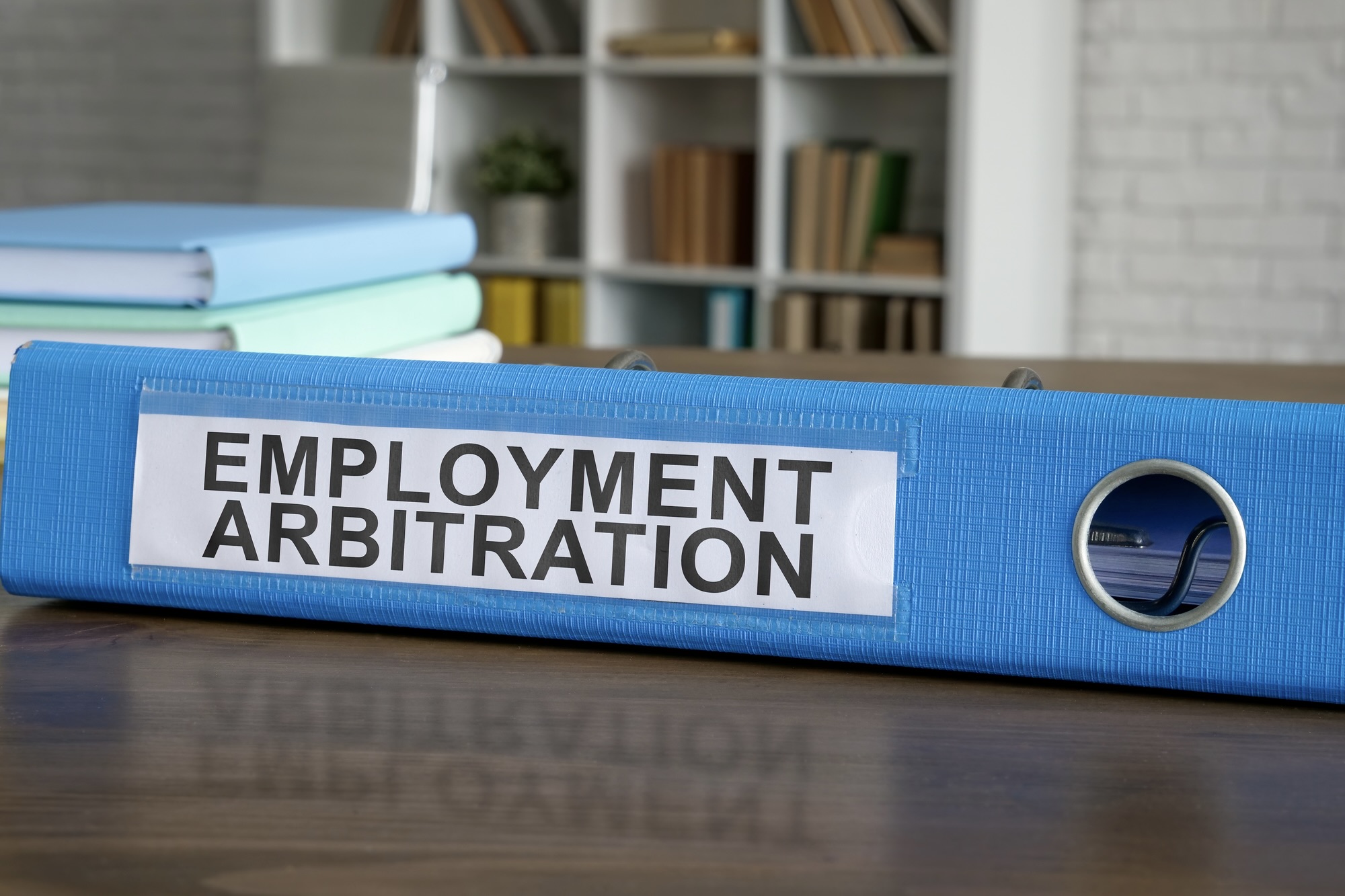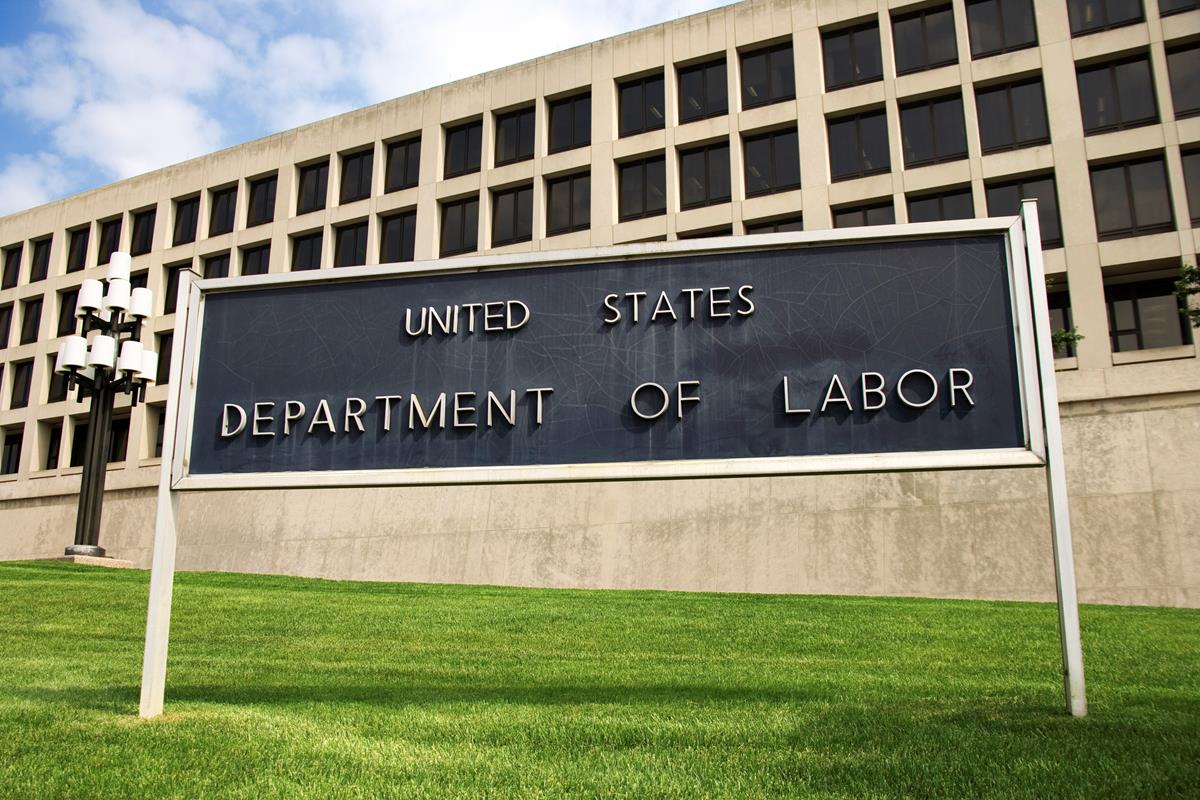Labor & Employment
-
 New York City Creates a Private Right of Action Under the Earned Safe and Sick Time Act Posted on: February 12, 2024 In: Labor & Employment Read more »
New York City Creates a Private Right of Action Under the Earned Safe and Sick Time Act Posted on: February 12, 2024 In: Labor & Employment Read more »
-
 Navigating California Labor Code 132a Claims Posted on: January 26, 2024 In: Labor & Employment Read more »
Navigating California Labor Code 132a Claims Posted on: January 26, 2024 In: Labor & Employment Read more »
-
 New York State Imposes Limitations on Penalties for Breaches of Agreements Settling Employment Disputes Posted on: December 04, 2023 In: Labor & Employment Read more »
New York State Imposes Limitations on Penalties for Breaches of Agreements Settling Employment Disputes Posted on: December 04, 2023 In: Labor & Employment Read more »
-
 DOL Proposes Overhaul of Salary Thresholds for Exempt Employees Posted on: August 31, 2023 In: Labor & Employment Read more »
DOL Proposes Overhaul of Salary Thresholds for Exempt Employees Posted on: August 31, 2023 In: Labor & Employment Read more »
-
 New York City Amends Its Anti-Discrimination Law to Combat Height and Weight Discrimination Posted on: June 06, 2023 In: Labor & Employment
New York City Amends Its Anti-Discrimination Law to Combat Height and Weight Discrimination Posted on: June 06, 2023 In: Labor & EmploymentNew York City has adopted an amendment to its Human Rights Law aimed at eradicating discrimination based on height or weight. The legislation applies to employers, housing providers, and operators of public accommodations in the city. In the words of Mayor Eric Adams: “It shouldn’t matter how tall you are or how much you weigh when you’re looking for a job, are out on the town, or trying to rent an apartment."
Read more »
-
 Employer Update: New FMLA Poster Issued by DOL Posted on: May 15, 2023 In: Labor & Employment
Employer Update: New FMLA Poster Issued by DOL Posted on: May 15, 2023 In: Labor & EmploymentIn April 2023, the United States Department of Labor (DOL) issued a new poster concerning the Family and Medical Leave Act (FMLA). Private employers of 50 or more individuals and government agencies should place the new poster in a conspicuous location for employees and applicants at all of the employer’s facilities, regardless of whether any employee works there, and may also distribute the poster and include it in an employee handbook or similar policy document.
Read more »
-
 CFPB Issues Updated Disclosures Employers, Consumer Reporting Agencies Must Use Before Taking Adverse Action Based on Results of Employment-Related Background Checks Posted on: April 18, 2023 In: Labor & Employment
CFPB Issues Updated Disclosures Employers, Consumer Reporting Agencies Must Use Before Taking Adverse Action Based on Results of Employment-Related Background Checks Posted on: April 18, 2023 In: Labor & EmploymentOn March 17, 2023, the Consumer Financial Protection Bureau (CFPB) updated the disclosures that employers must provide to the subjects of background checks. Employers are now required to provide this new Summary of Rights document to all employees and candidates prior to taking an adverse action based on the results of an employment-related background check.
Read more »
-
 Hawaii Federal Court Authorizes Government to Call Summary Witness to Present Evidence in Wire Fraud, Embezzlement Case Posted on: April 14, 2023 In: Labor & Employment
Hawaii Federal Court Authorizes Government to Call Summary Witness to Present Evidence in Wire Fraud, Embezzlement Case Posted on: April 14, 2023 In: Labor & EmploymentIn United States v. Ahakuelo, the government pursued wire fraud and embezzlement charges against three members of the International Brotherhood of Electrical Workers’ leadership based on allegations the defendants conspired to convert membership dues. The evidence supporting the government’s case consisted of voluminous, complex materials, so the government requested to call a summary witness. In granting the motion, the court explained the framework for use of summaries of evidence by witnesses.
Read more »
-
 New York State Adopts Pay Transparency Law Posted on: March 29, 2023 In: Labor & Employment
New York State Adopts Pay Transparency Law Posted on: March 29, 2023 In: Labor & EmploymentStarting September 17, 2023, many employers across New York State will be subject to new job advertising requirements under a new Pay Transparency Law. New York City employers have a head start in grappling with this issue in light of the similar city law that has been in place since November 2022.
Read more »
-
 The Return of the California Mandatory Arbitration Agreement Posted on: March 28, 2023 In: Labor & Employment
The Return of the California Mandatory Arbitration Agreement Posted on: March 28, 2023 In: Labor & EmploymentIn a shocking win for California employers, the U.S. Court of Appeals for the Ninth Circuit held on February 15, 2023 that the Federal Arbitration Act (FAA) preempts California’s controversial Assembly Bill 51 (AB 51), which attempted to criminalize employers’ use of mandatory arbitration agreements in the Golden State.
Read more »
-
 Still Waiting: DOL Expected to Issue Final Rule on Independent Contractor Classification in May 2023 Posted on: March 24, 2023 In: Labor & Employment
Still Waiting: DOL Expected to Issue Final Rule on Independent Contractor Classification in May 2023 Posted on: March 24, 2023 In: Labor & EmploymentLast year, the Department of Labor (DOL) published a Notice of Proposed Rulemaking regarding its present guidance on the classification of independent contractors. The Proposed Rule rescinds the 2021 Independent Contractor Rule, Independent Contractor Status Under the Fair Labor Standards Act, published in January 2021, and contains general interpretations for determining worker status.
Read more »
-
 Lewis Brisbois’ 2022 State Labor & Employment Year End Reviews Posted on: February 28, 2023 In: Labor & Employment
Lewis Brisbois’ 2022 State Labor & Employment Year End Reviews Posted on: February 28, 2023 In: Labor & EmploymentEach year, Lewis Brisbois’ Labor & Employment attorneys review the past year’s major legislative and caselaw developments related to labor and employment law in their respective states. This post features a list with links to these 17 alerts, covering 31 Lewis Brisbois offices across 18 states and the District of Columbia, published between December 22, 2022 and February 14, 2023.
Read more »
 Labor & Employment Practice
Labor & Employment Practice